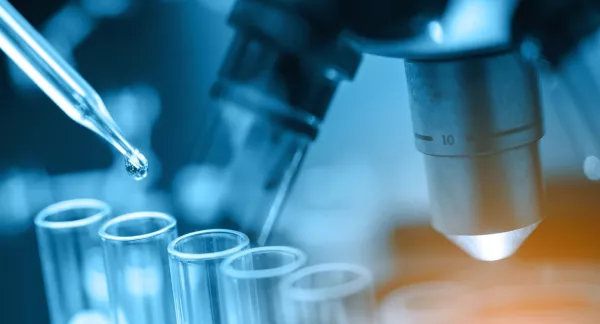
Assessing Fluorescence as an Early-Warning Indicator of Biological Ammonia Oxidation in Chloraminated Water: Laboratory-Scale Annular Reactor Studies with a Benchtop Fluorometer
Abstract
Nitrification is a biological process in which ammonia is converted to nitrite by ammonia-oxidizing bacteria and/or archaea, and the nitrite is then converted to nitrate by nitrite-oxidizing bacteria. It is a common challenge in chloraminated drinking water distribution systems, as the nitrite produced exerts a monochloramine demand, leading to further loss of the disinfectant residual, continued growth of nitrifiers, and total coliform positives. This project identified and validated fluorescence intensity at specific wavelength pairs for early detection of nitrification in chloraminated distribution systems. This work can facilitate proactive interventions in chloraminated drinking water distribution systems related to nitrification, preventing the deterioration of finished water quality. Research Partners: City of Houston Department of Public Works and Engineering, and Dallas Water Utilities.



